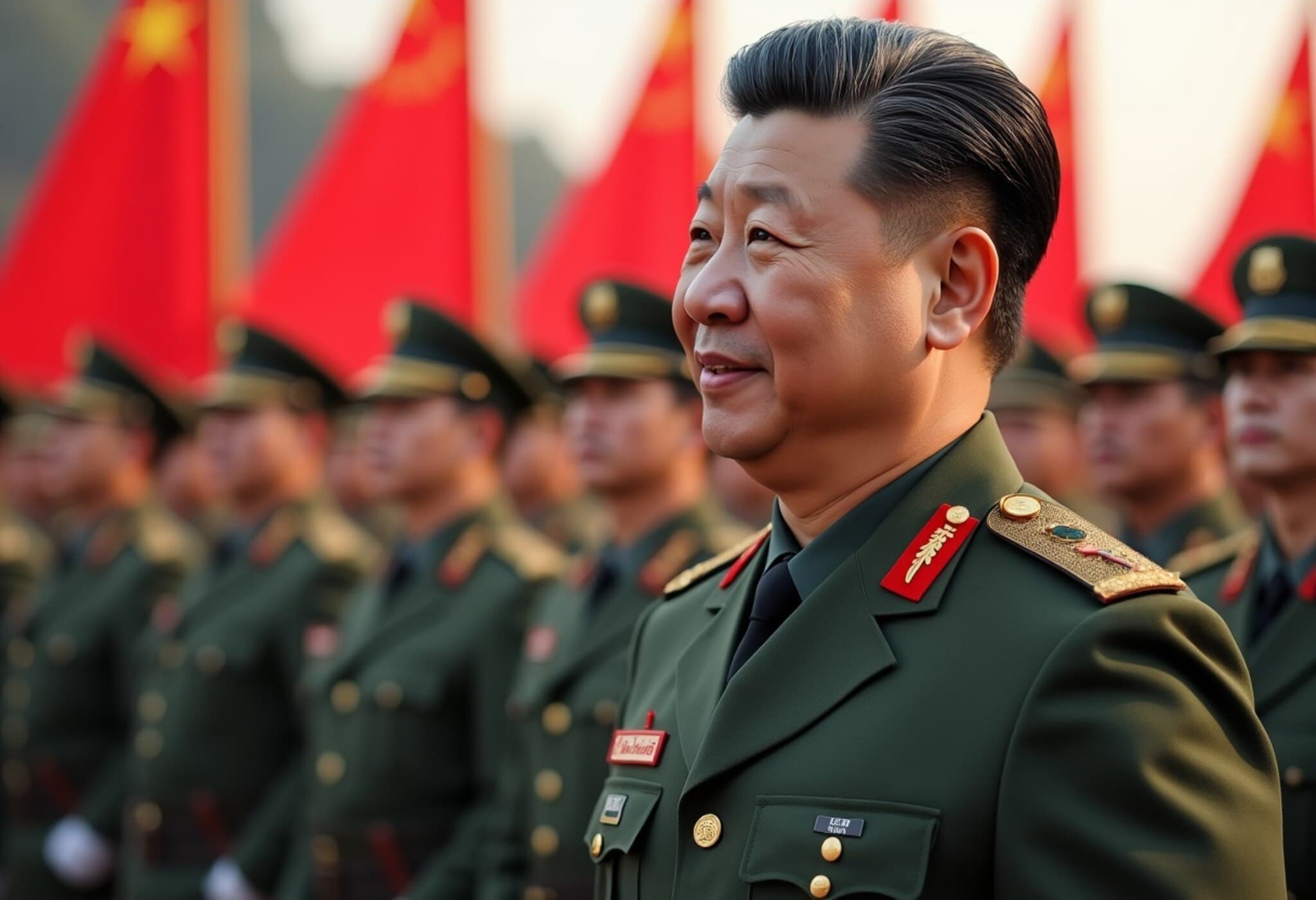Princess Diana's Landmark Campaign Against Landmines Faces New Challenges in Europe
Nearly three decades after Princess Diana's poignant advocacy against landmines captivated the world, her legacy stands at a crossroads. The humanitarian push that helped bring about the 1997 Ottawa Treaty banning anti-personnel mines is now contending with a resurging demand in parts of Europe to reintroduce these lethal devices amid rising geopolitical tensions.
A Legacy Born in a Minefield
In January 1997, just months before her tragic death, Princess Diana famously walked through a minefield in Angola alongside demining experts. This visit highlighted the silent yet deadly threat landmines posed to civilian populations — often long after conflicts had ended. Her hands-on approach not only humanized the devastating impact these weapons had but effectively galvanized global momentum toward the Ottawa Treaty, which now has over 160 signatories committed to banning landmines.
Her son, Prince Harry, recently retraced her footsteps by visiting the same Angolan village, reinforcing the enduring relevance of the campaign she championed.
Security Fears Prompt Reversal Among Some European Nations
However, the geopolitical landscape in Eastern Europe has shifted dramatically, largely driven by fears of Russian military aggression. Countries such as Poland, Latvia, Lithuania, and Estonia have withdrawn from the Ottawa Treaty, citing the deteriorating security environment as justification to rearm their borders with landmines.
Ukraine and Finland have followed suit, with Finland announcing plans to deploy minefields along its extensive 1,300-kilometer border with Russia and considering the move a necessary precaution given recent conflict escalations.
Lithuanian Deputy Defence Minister Karolis Aleksa confirmed to Reuters that the country plans to invest hundreds of millions into both anti-tank and anti-personnel mines, marking a stark policy reversal.
Humanitarian Concerns and Long-Term Consequences
Humanitarian organizations like the HALO Trust and Mines Advisory Group (MAG) have voiced deep concerns that these newly laid mines will linger dangerously beneath soil for decades, posing an enduring threat to non-combatants — children, farmers, and displaced populations.
- The HALO Trust, which played a pivotal role in clearing mines in Angola and global hotspots including Ukraine and Afghanistan, warns that increased use undermines decades of progress.
- Josephine Dresner, MAG's director of policy, emphasized that mines' military utility is far outweighed by their civilians' toll, even in sparsely populated border regions.
Advocates stress that the precedent set by European nations abandoning treaty commitments risks weakening international norms, potentially encouraging other conflict-affected countries to follow suit under the guise of national security.
Balancing Security and Humanitarian Imperatives
Finnish President Alexander Stubb remarked, "When Russia attacked, our opinion, our rules changed," encapsulating the grim reality that complex security threats sometimes compel difficult choices.
Meanwhile, NATO has maintained a neutral stance officially, but member states like Norway have expressed disapproval. Norwegian Foreign Minister Espen Barth Eide cautioned that erosion of treaty commitments could facilitate a dangerous "slippery slope," enabling warring factions worldwide to justify landmine use.
Reflecting on Diana's Vision in a Changed World
Diana was once criticized by some officials as a "loose cannon" for her outspoken activism, yet her efforts transformed the global dialogue on arms control. The stark tensions now unfolding in Europe raise pressing questions about how to honor humanitarian principles while navigating the realities of national defense.
As global conflicts accelerate and landmine use risks resurgence, revisiting Diana’s legacy reminds policymakers and citizens alike that the true cost of these weapons extends beyond the battlefield—it haunts future generations.
Editor's Note
Princess Diana’s passionate crusade against landmines was a timely intervention that reshaped international arms control policies. The recent decisions by several European countries to abandon the Ottawa Treaty spotlight the enduring tension between security concerns and humanitarian obligations. This development prompts vital questions about the future of international agreements—can the world safeguard civilians while addressing legitimate defense needs? And how might renewed landmine use affect global peace efforts? As we reflect on these challenges, Diana’s legacy remains a moral compass urging vigilance against the long shadows cast by war.













